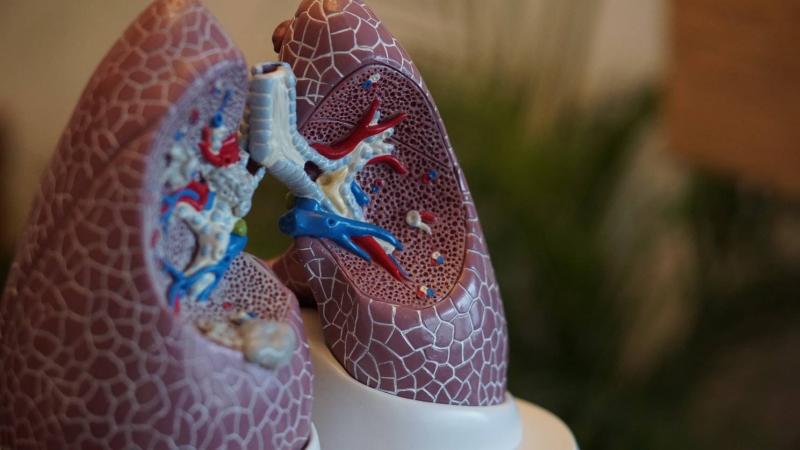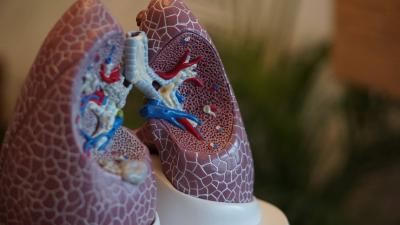According to the Centers for Disease Control and Prevention, cancer is the second leading cause of death in the United States, following heart disease. Dr. Timothy Rebbeck, a professor of cancer prevention at Harvard T.H. Chan School of Public Health and director of the Center for Global Cancer Prevention at Dana-Farber Cancer Institute, states, "We will always need good treatments... but we can't treat our way out of this problem. To make an impact on public health, we must prevent cancer," as published by the medical site "Eat This Not That."
1. **What is the deadliest cancer?**
Lung cancer is the leading cause of cancer-related death, responsible for 23% of all cancer deaths. "The trend we're seeing and the numbers we observe are declining because people are smoking less, but unfortunately, cancer behavior remains concerning, as many people still present symptoms, which usually entails an understanding that cancer may be more prevalent than we wish it to be," says radiation oncology specialist Dr. Gregory Videtic.
2. **What causes this killer cancer?**
Smoking is the number one cause of lung cancer, accounting for about 90% of lung cancer cases. Oncologist Nathan Pinell, MD, states, "There is a significant stigma associated with lung cancer because the majority of people who die from it are either smokers or former smokers... The truth is that anyone with lungs can be exposed to carcinogens and develop lung cancer, so this is a disease that should concern everyone. Tobacco smoke is one of the most addictive substances known to man. Addiction is a disease. Smoking becomes an addiction in adolescence; whether you smoke or not, no one deserves to die from lung cancer."
3. **What are the early signs of lung cancer?**
According to the Cleveland Clinic, here are the early symptoms of lung cancer:
- A cough that doesn't improve
- Hoarseness
- Blood in sputum or sputum produced by coughing
- Weakness
- Wheezing
- Frequent and unexplained infections
- Chest pain that worsens with coughing or laughing
4. **How can we avoid lung cancer?**
Although nothing is guaranteed, the risk of lung cancer decreases if you do not smoke and avoid secondhand smoke. If you are at high risk, do not miss screenings, according to Julie Brahmer, a board-certified medical oncologist and director of the lung cancer program at Johns Hopkins Kimmel Cancer Center, who confirmed that "screening is truly our best tool for detecting lung cancer before it progresses to critical stages."
5. **Scientific advances contribute to the diagnosis and treatment of lung cancer.**
No one concerned about lung cancer symptoms should hesitate to speak with a healthcare professional. Lung doctor Peter Mazzone states, "Many of us have been in the field long enough to remember when lung cancer was a stigma and a source of despair. But now all these advancements have made this scenario filled with tremendous hope. You can work towards early diagnosis. If you are at high risk, you can undergo screening. If you are diagnosed with cancer at an early stage, surgical options are the least invasive... With more advanced disease, there have been enormous changes in how cancer is treated that have provided an incredible amount of hope."




